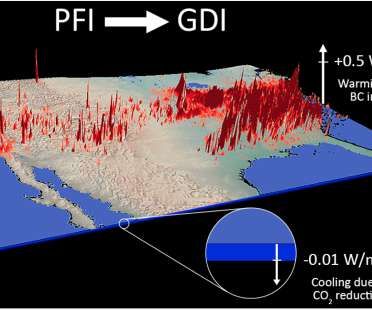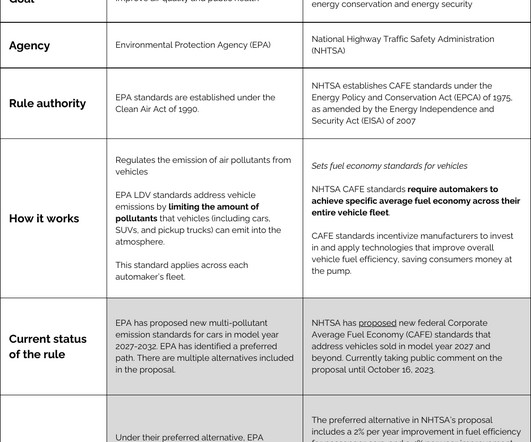EIA: fuel economy standards drive down projected gasoline use; diesel use, product exports rise
Green Car Congress
JUNE 27, 2014
In the US Energy Information Administration’s Annual Energy Outlook 2014 (AEO2014) Reference case, more-stringent vehicle fuel economy standards contribute to a decline in motor gasoline consumption through 2040. The Reference case projects an increase in VMT that, all else equal, would increase motor gasoline fuel consumption.











































Let's personalize your content